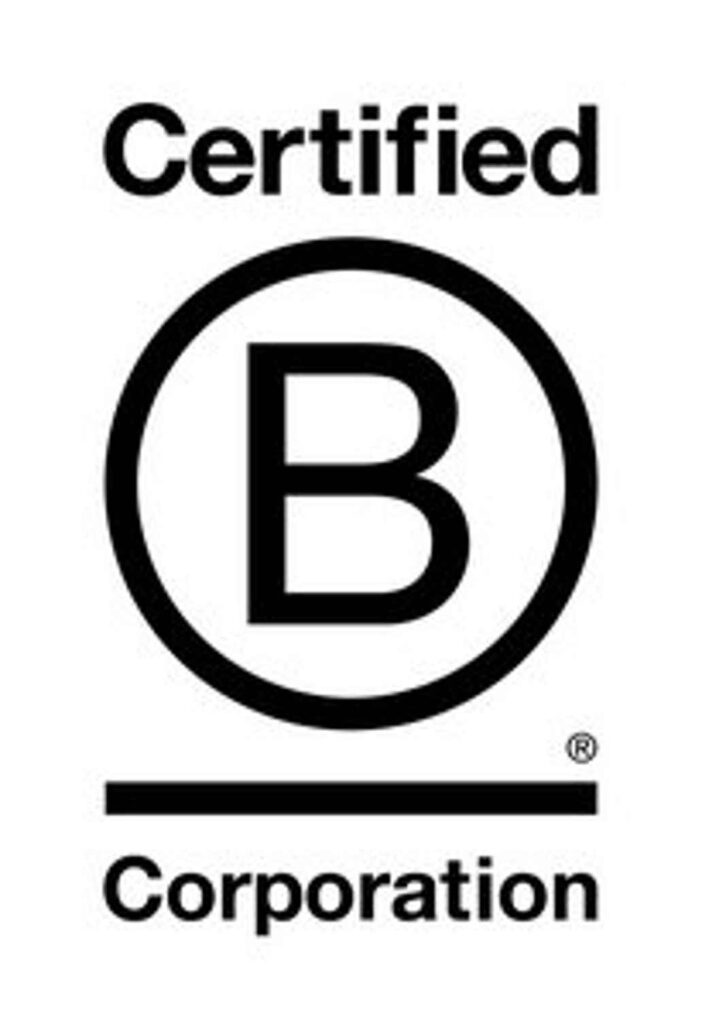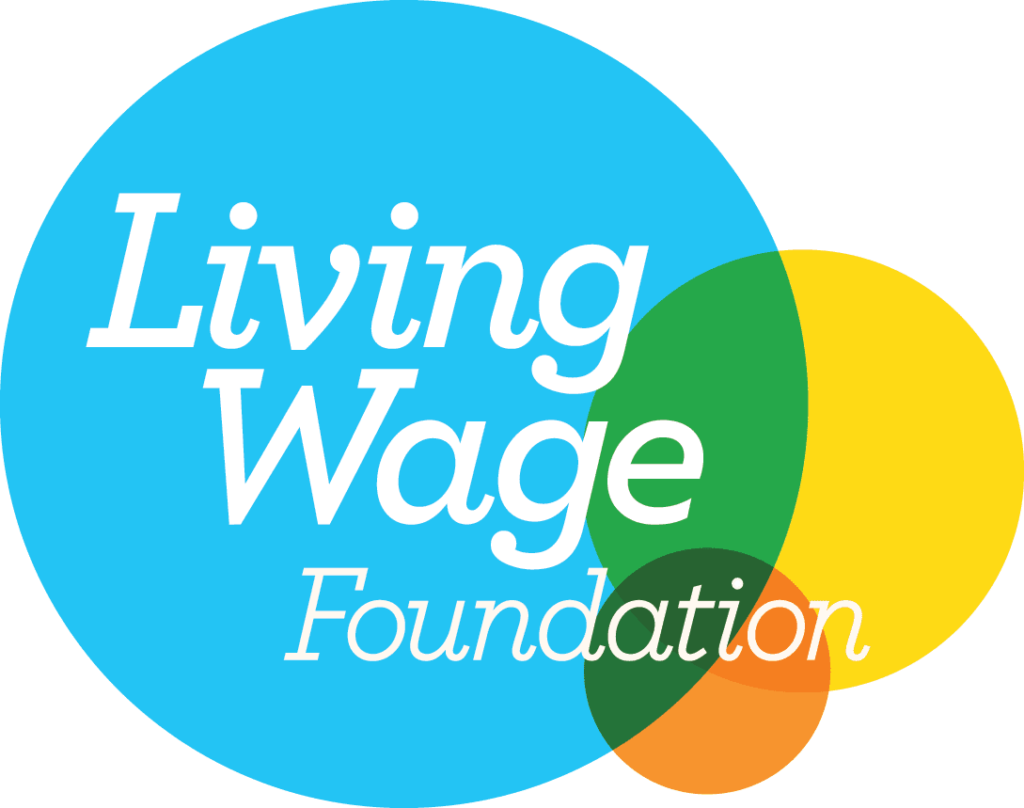I got into the public relations (PR) industry because at its core, it’s about people and emotion. Great PR evokes emotion, and ultimately influences people to feel a lasting connection to a product, service, individual, business, organization, etc.
As COP 28 adjourns until 2024, I can’t help but reflect on the role my industry has played in both perpetuating and impeding progress in this space. In fact, it is PR that’s transformed the annual COP conference from a niche gathering of scientific experts into an event that brings together global leaders to shape the future of our planet.
Similarly, it’s PR that turned Greta Thunberg into a global icon who goes toe-to-toe with some of those same presidents and prime ministers that we saw at COP over the last two weeks.
At the same time, it’s PR that has served as cover for the fossil fuel industry for decades as they polluted the earth without refrain. It is the PR industry that contributes greatly to the growth of “greenwashing” as a strategy to mask the environmental impact of industries and governments today.
As an industry that is charged with shaping public opinion, the PR profession is presented with a unique opportunity to harness our persuasive power to defend science, promote truth, and catalyze positive change for the planet.
Here are some of the key ways PR companies and professionals can realize their impact in the climate debate:
- Ditch the Doom and Gloom: The larger scientific community has decided that alarmism is the way to create widespread action on the climate. While I understand that we can’t continue to sugarcoat our environmental future, the bombardment of dire headlines and apocalyptic foreshadowings has largely driven communities to apathy instead of action. The PR world can have a large impact in injecting hope, action, and progress back into the conversation.
- Find Opportunities for Conversion: In PR, it is our job to understand diverse, and sometimes conflicting, audiences. We are keen to find the nuances in messaging that can resonate with mass audiences. We know how to unite polar opposites, use words as profound tools of persuasion, and facilitate collective action, whether it’s buying a product or supporting a cause. When it comes to climate change, there is more time spent pointing fingers or quibbling over the basic facts then actually getting stuff done. Effective PR can be a source of alignment between vastly differing perspectives and lived experiences.
- Tap into Emotion: For better or worse, people are largely inspired by their hearts, not their heads. Climate change experts and activists are prone to overload the public with mountains of data and studies, but in order to persuade the broader public into action, you need to appeal to emotion.
COP 28 marks a critical juncture – with the world coming together to develop and deliver the policies that will meaningfully mitigate climate change. Perhaps the missing agenda item was the essential role that PR and communications will play in making these testing and ambitious strategies a reality. After all, our ability to enact climate positive policies depends upon the attitudes of billions of people around the world – not just an elite few gathered in Dubai – and PR is best placed to inspire emotion and mobilise action.











